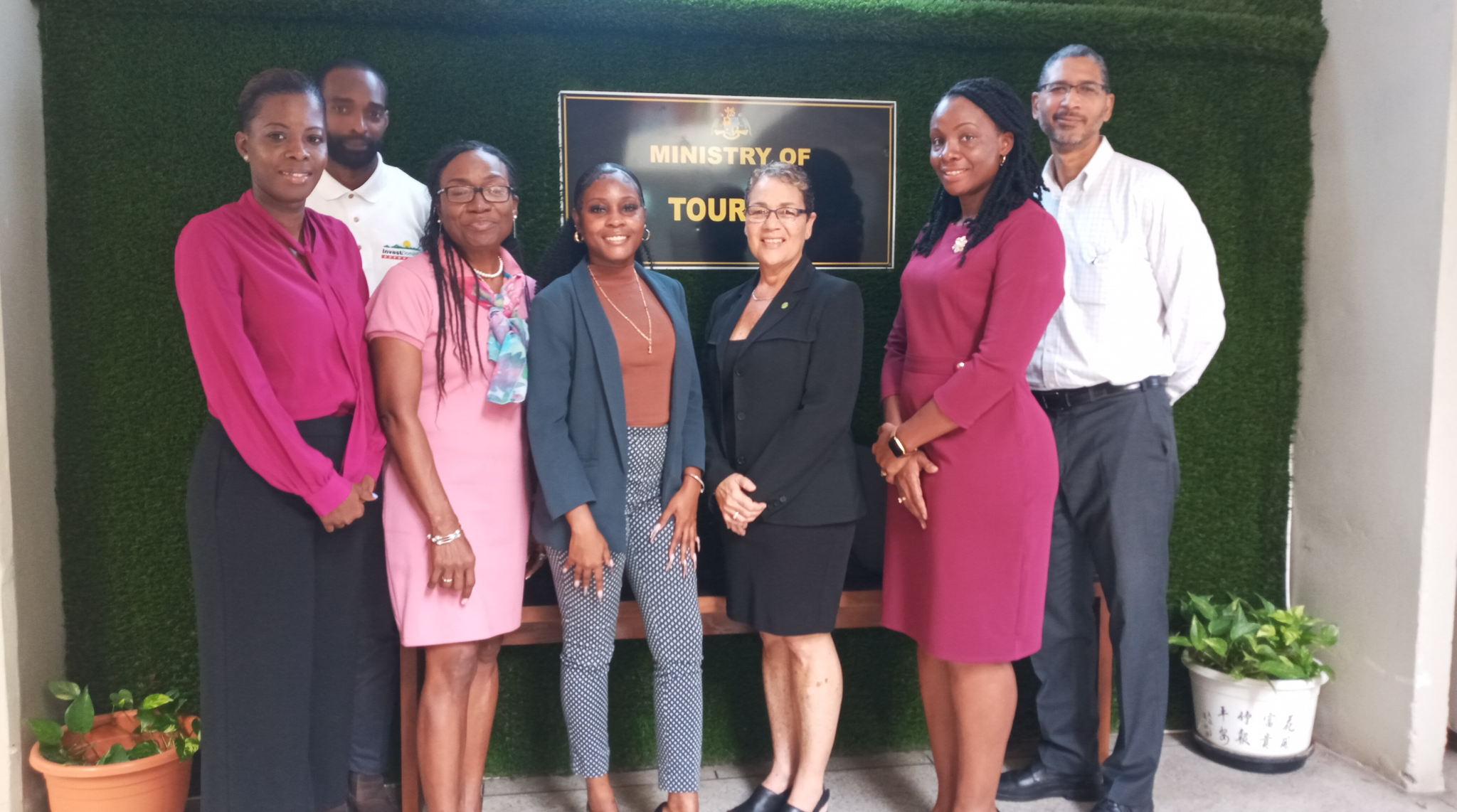OECS Conducts Successful Tourism Stakeholder Engagement
OECS Media Release
The Organisation of Eastern Caribbean States (OECS) Commission is making positive strides in working with Member States on developing the new, more relevant, sustainable OECS Tourism Policy.
OECS Ministries of Tourism agreed that effective stakeholder engagement should be a critical
component of the work to be undertaken. As such, the OECS Commission conducted a robust and extensive consultative process of focus groups and one-to-one interviews. To date missions have been completed in all the OECS Protocol Member States with the British and French Overseas Territories expected to be completed by the end of January 2024. The overall goal of the on-site missions is to identify priority policy areas for tourism development in the OECS region.
OECS Director General, Dr. Didacus Jules commented on the extent of the stakeholder engagement to date,
“We have always advocated that we must engage at a national level to seek to understand the needs of our Member States before prioritising regional activities. It is important that we listen to what tourism practitioners in the country have to say so we can determine the common tourism priorities that can be incoporated into a regional policy.
“If we want greater community participation in tourism and increased benefits to our communities and countries we must seek the input of the widest cross section of industry participants, both in the public and private sectors, as well as those who may be impacted by tourism."
The success of these consultations is attributable to the collaboration with the ministries of tourism and the support and enthusiasm received from the OECS countries. The Commission recognises that building solid partnerships is important for a successful outcome for the OECS Sustainable Tourism Policy.
Generally, the discussions have centred on the importance placed on tourism, priority areas of focus, and measures, and actions needed to advance priority areas. The assessment includes identifying gaps and opportunities in new areas such as the blue economy. In addition to the overriding recognition of the importance of the tourism sector to the OECS economies, from the input to date, the new OECS Sustainable Tourism Policy must address areas such as climate action, crisis and disaster resilience, and consideration of the UN Sustainable Development Goals and the 2030 Agenda.
A regional consultation is planned for the first quarter of 2024 to shape the tenets of the OECS Sustainable Tourism Policy. The OECS Commission will utilize strong policy development to generate effective programmatic implementation. The final policy will guide the OECS Commission’s tourism work for the benefit of all its Member States.
The tourism policy update is funded by the World Bank’s nine million (USD) Unleashing the Blue Economy of the Caribbean (UBEC) initiative with the OECS.











